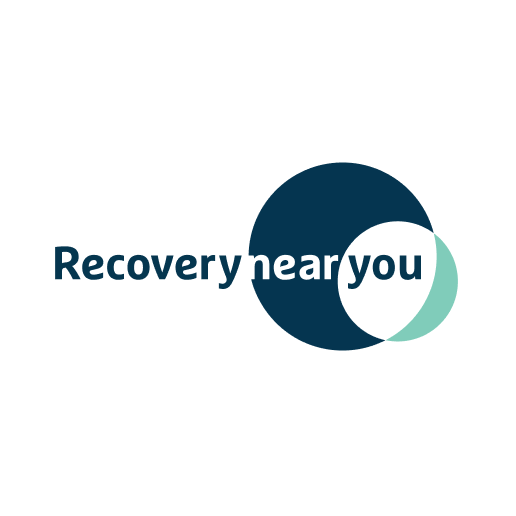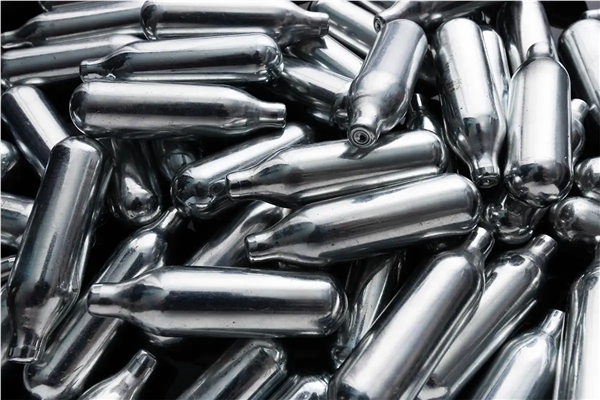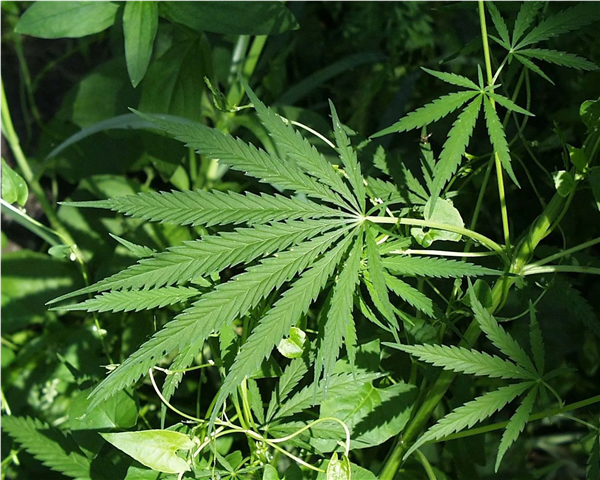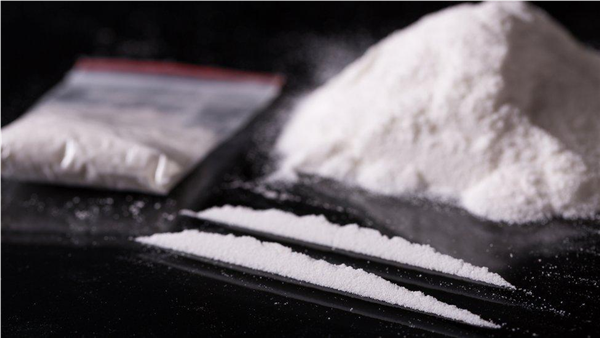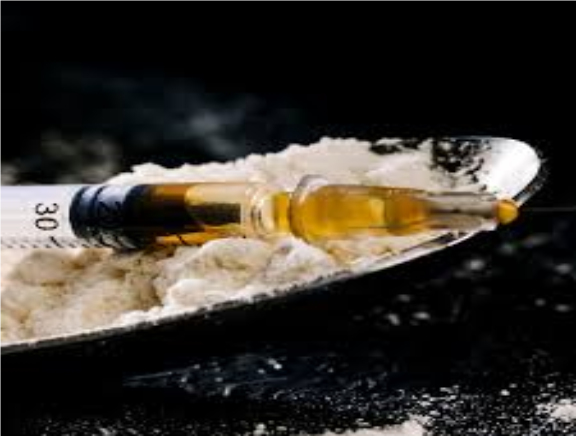
|
||||||||||||
|
|
||||||||||||
|
||||||||||||
|
Recovery Near You |
||||||||||||
Protecting our Community: The Risks of Alcohol, Nitrous Oxide, Cannabis, Cocaine/Crack and Heroin – and Where to Get HelpGood afternoon Resident As officers serving the people of Wolverhampton, we see first-hand how substances such as alcohol, nitrous oxide, cannabis, cocaine/crack and heroin can damage lives, families and wider community safety. We also know that recovery is possible, and help is available locally through Recovery Near You. We write to you now to raise awareness of each of these substances, the harm they cause, and how you or someone you know can access support.
Alcohol
Alcohol is legal and socially accepted, but its misuse is far from harmless. According to Recovery Near You, people worried about their drinking can contact their Adult Helpline: 0300 200 2400 and access one-to-one support, group sessions and medical help for related health issues. Recovery Near You also states that to keep health risks relatively low you should aim to drink no more than 14 units per week and spread that drinking across three or more days. In policing terms, alcohol misuse can lead to antisocial behaviour, violence, domestic incidents and loss of control. Many offences are alcohol-fuelled. From a health and safety perspective, heavy drinking damages the liver, heart and mind, and can lead to dependence. Key messages: Just because alcohol is legal doesn’t mean it’s low risk. If you or a loved one feel your drinking is getting out of control, contact Recovery Near You. For those already drinking at higher levels or daily, specialist help is offered via the same service.
Nitrous Oxide (commonly known as “laughing gas”)
While nitrous oxide may be seen by some as a light “party” drug, the harms are real. It is now classified under law as a controlled substance (Class C in the UK) for possession. Using nitrous oxide can affect nerve function, lead to accidents (because of loss of coordination or consciousness), and states of vulnerability which attract criminality or risk. While Recovery Near You’s material does not list nitrous oxide individually in the published summaries, their offer covers “help with drugs” (see “Help quit alcohol or drugs”). Key messages: Misusing nitrous oxide is not harmless and may lead to hospitalisation, vulnerability or involvement in anti-social behaviour. If you witness someone inhaling nitrous in a public place, it may be a sign of misuse or risk of harm. Support is available: the same local service helps those concerned about drug use.
Cannabis
Cannabis is the most commonly used illicit drug in our area. While some may consider it low risk, the truth is more complex. It can affect mental health, motivation, memory and can be a first step into other substance-related problems. Recovery Near You offers a two-week “Cannabis Awareness” short-term course that focuses on myths, awareness, and the real-world impact of use. From policing experience, cannabis use can lead to nuisance, disorder, and for some, progression into other, more harmful drug use. Key messages: Even “soft” or socially accepted drugs like cannabis carry risk — especially for young people, people with mental-health vulnerabilities, or those using regularly. Early intervention is beneficial: the short-term awareness course is a good starting point. Families and friends: if you’re worried about someone’s cannabis use, encourage them to access support rather than wait until crisis.
Cocaine / Crack Cocaine
Cocaine (powder) and particularly crack cocaine are high-risk stimulants. They impact the heart and can lead to addiction, explosive changes in behaviour, debt, and severe vulnerability. The independent classification system places both cocaine and crack as Class A drugs. The National Health Service notes that for cocaine addiction, there are effective treatments — including talking therapies and direct access to local services. From a policing perspective, crack cocaine in particular is often associated with street-level crime, violence, drug dealing and significant harm to individuals and communities. Key messages: Cocaine and crack are not “just party drugs” — they carry serious health risks and can rapidly escalate into dependency and crime. If you or someone you know uses cocaine, you do not have to wait for full addiction to access help. Recovery Near You can assess and refer you for tailored treatment.
Heroin
Heroin is one of the most dangerous illicit opiate drugs in terms of individual harm and community impact. Class A under UK law. Using heroin carries high risk of overdose, respiratory failure, injecting-related harms (including blood borne viruses) and long-term dependence. Locally, our partner service Recovery Near You provides medical interventions (including substitute medication), detox planning and after-care. From the policing and public-health point of view, opiate-related chaos affects families, street communities, policing resources and the criminal justice system. Key messages: If someone is using heroin, urgent help is essential — this is high risk and may be life-threatening. Services are local: the same single point of contact number is 0300 200 2400 for adult referrals in Wolverhampton. Carrying Naloxone (an opioid-overdose reversal medication) can save lives. Recovery Near You has previously delivered Naloxone through outreach for high-risk users.
What You Can Do – and Where to Get HelpWe as the West Midlands Police in Wolverhampton emphasise the following: If you are worried about your own substance use – or that of a friend, family member or neighbour – don’t wait until it gets worse. Early support makes a difference. Contact Recovery Near You at 0300 200 2400 (adults) Monday-Friday 9am-5pm, or for young people 0300 123 3360 (24/7) in Wolverhampton. Be aware of the laws: possession, supply and manufacture of these substances may lead to criminal prosecution. Cannabis (Class B), nitrous oxide (now regulated), cocaine/crack/heroin (Class A) carry serious sanctions. If you witness drug-dealing, exploitation or gang-related activity, please report it via our non-emergency number (101) or via Crimestoppers. For those in crisis (e.g., overdose, acute harm) call 999 or go to A&E. Encourage those who are using to engage with support rather than penalise themselves. Recovery is possible.
Final WordIn Wolverhampton our goal is a safer, healthier community. Substance misuse — whether alcohol or illicit drugs — touches all of us: families, friends, neighbours, workplaces, public spaces. Policing alone cannot solve this. It takes health services, treatment providers, community organisations and individual action working together. As West Midlands Police, we stand ready to enforce the law—but we also partner with services such as Recovery Near You because help and change are possible. If you or someone you know is affected by alcohol or drug use, please reach out. You are not alone. Stay safe. Stay aware. And support each other.
⚠WMNow is not suitable for reporting crimes ⚠ 101, Online Webchat & WMP Website – Non emergency crime reporting / check on the progress of your report | ||||||||||||
Reply to this message | ||||||||||||
|
|


